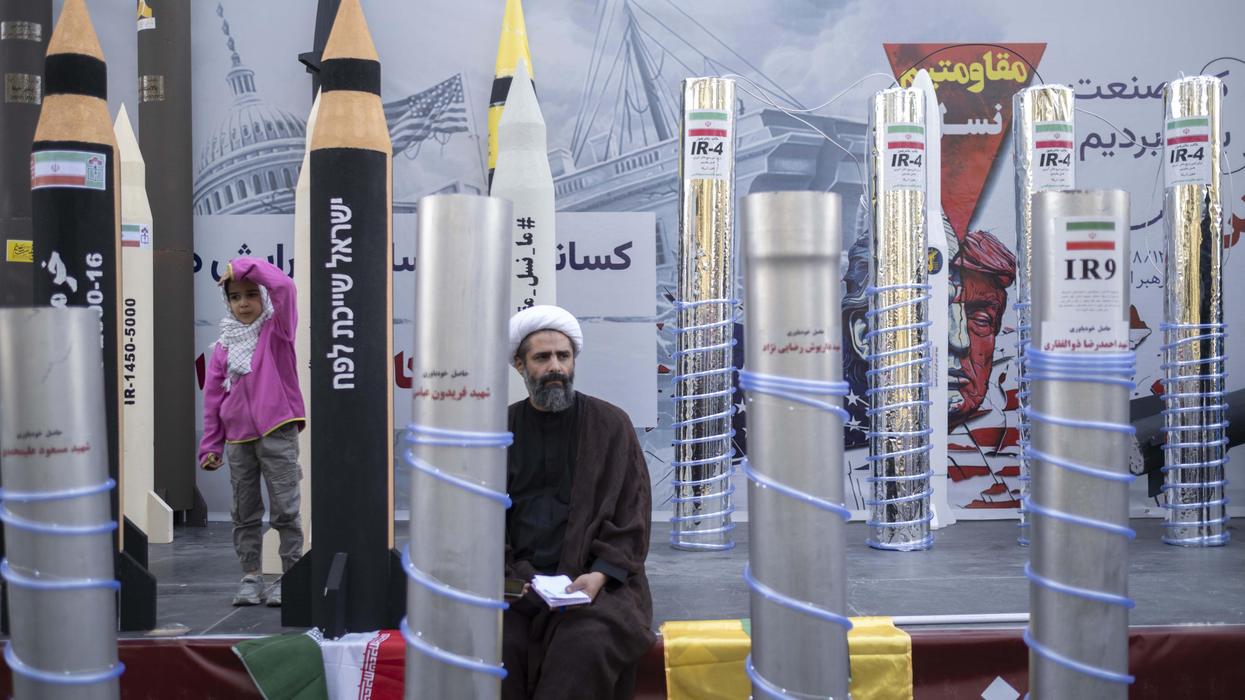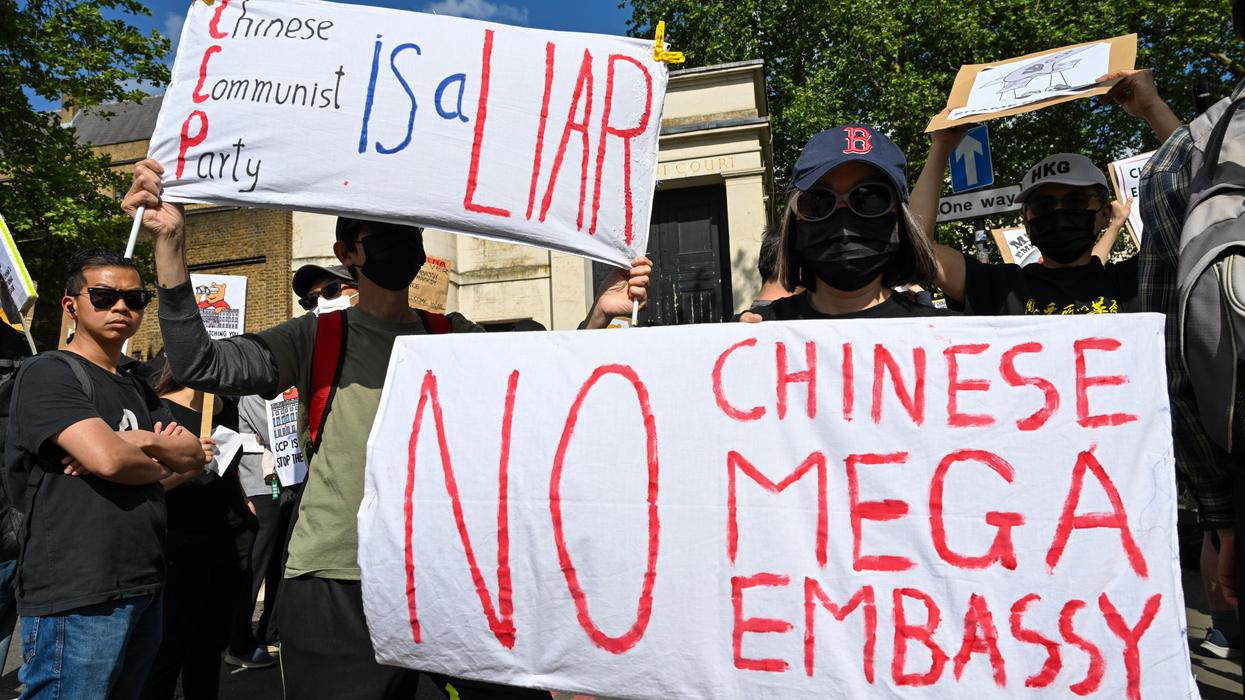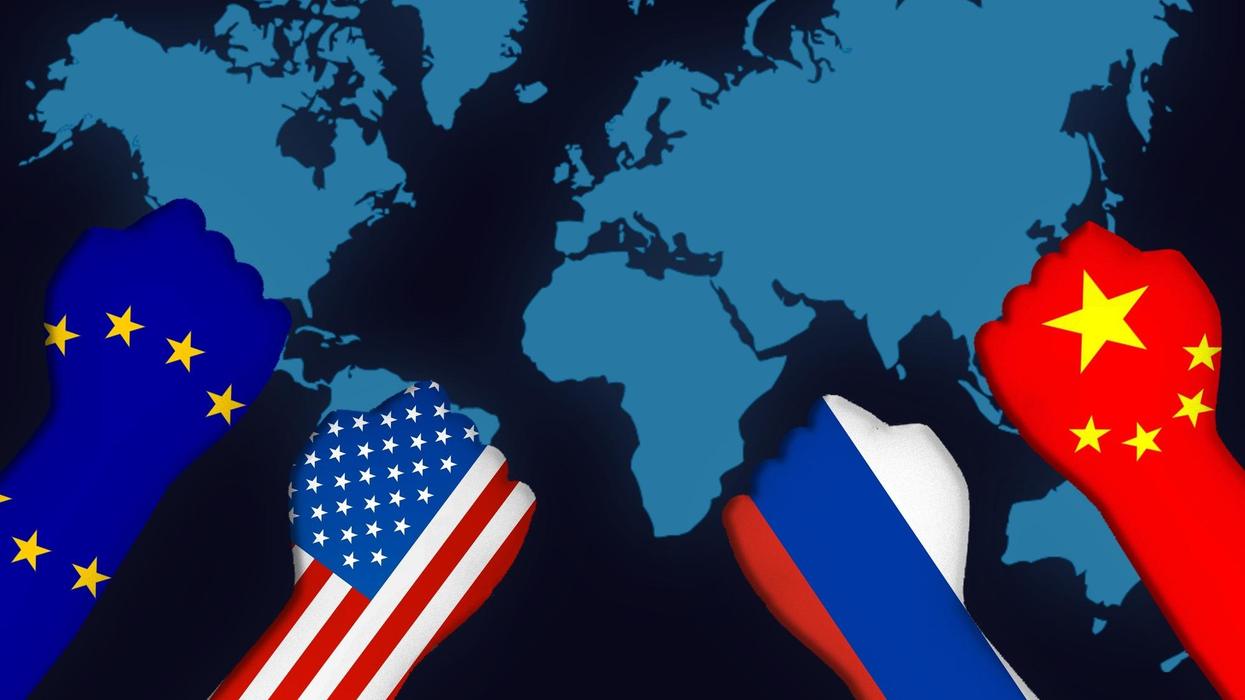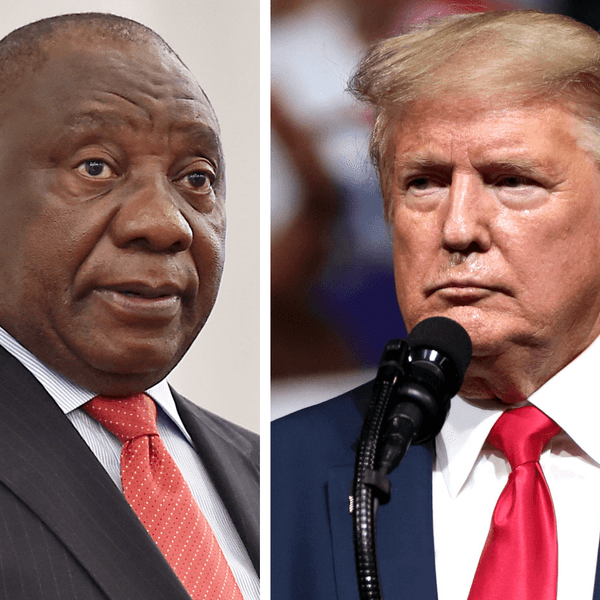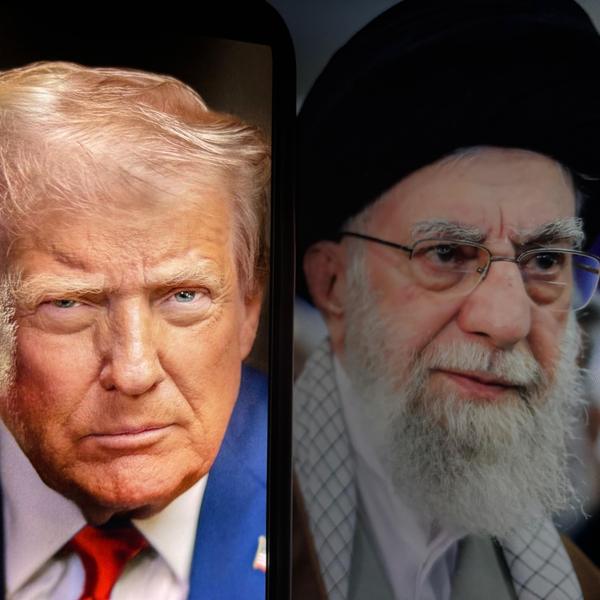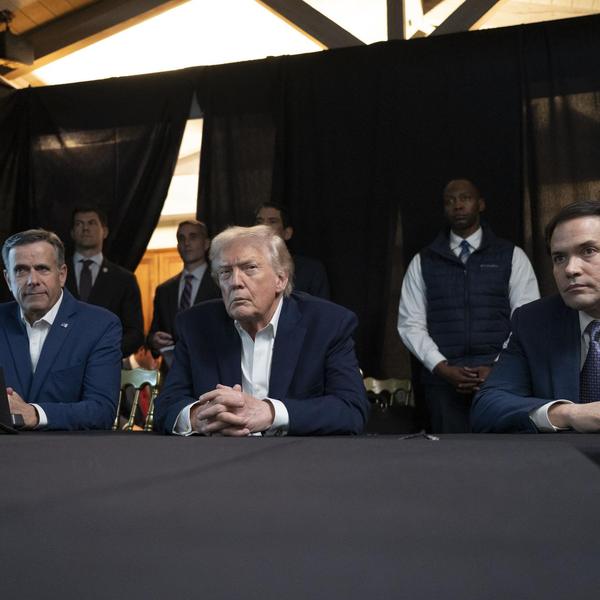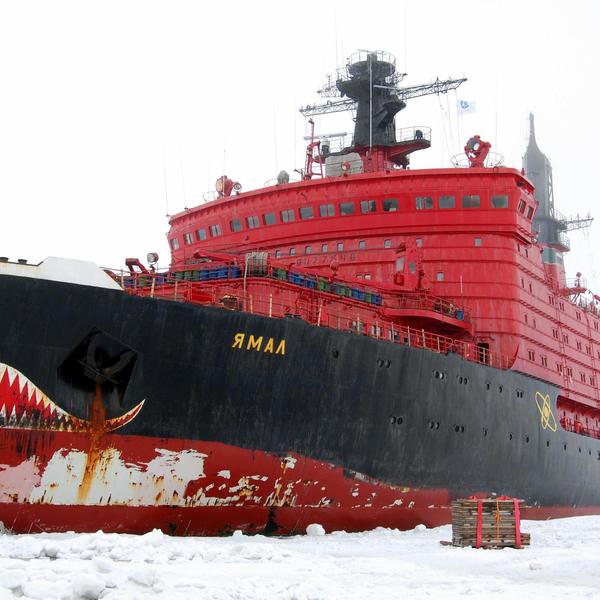CBS’s 60 Minutes did not spend any time this week commemorating the Iraq war’s 20th anniversary. Instead, it appeared eager to help entangle the United States in another disastrous and costly conflict — this time with China.
Greasing the public for war with Beijing isn’t all that new for the network’s prestigious TV news magazine. When 60 Minutes correspondent Norah O’Donnell interviewed Secretary of State Antony Blinken in the early days of the Biden administration, she appeared at times intent on pressuring the newly minted top U.S. diplomat into taking a more combative and militaristic approach toward China.
This week, O’Donnell visited the aircraft carrier USS Nimitz in the U.S. Pacific Fleet to warn us about the threat that China’s navy poses, largely because of its size, and that the United States is lagging behind in shipbuilding to meet this purported threat.
To underscore the alarm, O’Donnell set up the piece by noting that China has the world’s largest Navy (a point she made four times throughout the 15 minute segment) and that while the U.S. Navy “remains a formidable fighting force … even officers within the service have questioned its readiness,” particularly in the context of China choosing to take Taiwan by force.
Except none of the officers she spoke with said anything about the U.S. Navy not being ready to take on China. In fact, they said quite the opposite.
When asked by O’Donnell if the U.S. Navy was ready to defend Taiwan should the president issue that order in the event of a Chinese invasion, Admiral Samuel Paparo, commander the U.S. Pacific Fleet said, “We’re ready, yes.”
Later in the segment, O’Donnell spoke with the chief of naval operations, Admiral Mike Gilday, who is responsible for building, maintaining, and equipping the entire U.S. Navy:
O’DONNELL: Is the Navy in crisis?
GILDAY: No, the Navy is not in crisis. The Navy is out on point every single day.
O’DONNELL: Is it being outpaced by China?
GILDAY: No. Our Navy`s still in a position to prevail.
There’s also a bit of a problem with O’Donnell’s premise, that the size of China’s navy is somehow some kind of relevant benchmark for the U.S. Navy to compete with.
“If you go just by numbers, yeah we're behind. But it's more than numbers, it's the capabilities of the ships. They have nothing like our aircraft carriers,” Lawrence J. Korb, senior fellow at the Center for American Progress, told RS.
Korb, a Navy veteran who also served as assistant secretary of defense during the Reagan administration, added that not only does the U.S. vastly outspend China on defense, but its regional allies and partners also need to be taken into account when making any comparisons. “You've got the Quad, you've got AUKUS, [and] you’ve got our agreement with Japan,” Korb added.
Indeed, Admiral Paparo made this point during the 60 Minutes piece. While he said the size of China’s navy has at least some relevance, Paparo added that, for example, U.S. submarine technology outpaces China’s by “a generation.”
So, if senior U.S. Navy officers say we’re ready to take on China if necessary, who says we’re not?
For this, O’Donnell turned to former Rep. Elaine Luria (D-Va.) and Rep. Mike Gallagher (R-Wis.), chair of the newly formed House China Select Committee, which doesn’t appear to be seeking ways to cooperate with Beijing to solve the world’s most pressing issues.
“I think we share a sense of the urgency of the moment. We see increasing threats from China in particular in the Indo- Pacific. We feel like we’re not moving fast enough to build a bigger Navy,” Gallagher told 60 Minutes.
And why might the Wisconsin lawmaker be so interested in building a bigger navy?
“Both Mike Gallagher and Elaine Luria have lobbied for government money for the shipyards in or near their districts,” O’Donnell noted, adding that, wink-wink, “they say this is less about jobs and more about national security.”
So what was the point of this segment? The U.S. Navy appears to believe it’s ready to take on China. But lawmakers who stand to benefit from hyping the China threat don’t. And that in a nutshell is the military-industrial-complex, or in this case, the military-industrial-congressional-media-complex.
"The 60 Minutes piece offers a myopic, solely military-centered definition of the security challenge China poses and the way to address it," says Michael Swaine, senior research fellow at the Quincy Institute whose expertise focuses on China and East Asia. Swaine added that the segment didn't address the political and diplomatic dynamics at play, particularly with regard to Taiwan.
"It is certainly the job of the U.S. military to deter conflict when ordered to do so, but that job does not constitute the be-all and end-all of U.S. strategy," he said. "It is one tool in a much larger tool box that this 60 Minutes piece largely ignores."
Indeed, there’s one concept that 60 Minutes didn’t even bother to explore: whether or how the United States and China can work out their differences diplomatically and through negotiation.


